
Facebook unveils its new smart video calling hardware: Portal and Portal+
Still reeling from a security breach that affected up to 90 million users, Facebook has announced two new pieces of hardware designed to make video chat easier and more immersive than ever. Portal and Portal+ are 10- and 15-inch smart displays complete with integrated cameras and packed with AI. But even Facebook acknowledges there are privacy concerns.
The social networking giant says: "When you can’t be there, Portal and Portal+ let you feel there". What does it mean by this? The cameras are intelligent, meaning they pan and zoom, following people around the room as necessary. Facebook promises that Portal "follows the action" and "keeps everyone in frame" but -- seemingly acknowledging that people won't trust its claim that the devices are "private by design" and that the mic and camera can be disabled with a single tap -- a physical camera cover is included.
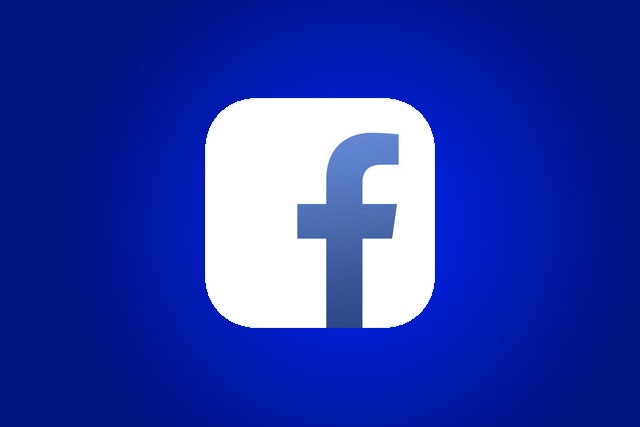
Facebook Lite for iOS is now a thing
Just as there is a trend for dark themes in software at the moment, there is also something of a movement of "Lite" apps that use less data and resources. Originally intended for parts of the world where connectivity iss an issue, such apps have become popular with more and more people; because if you can use less data, why not?
We've seen Twitter Lite, Facebook Messenger Lite, and Facebook Lite -- although, until now, this last app has only been available to Android users. Now, however, Facebook Lite is expanding its reach with the launch of an iOS app.
Voice control and dictation options are coming to Facebook Messenger
The ability to control devices and apps with your voice is becoming increasingly common, and Facebook is looking to bring this capability to its Messenger app.
Analysis of the Android version of the Facebook Messenger app shows that the company is looking to use its M assistant in messages to listen out for commands. App code shows that users will be able to make requests of M: "You can ask me to make calls, send messages, and create reminders".

Facebook hack update: Attackers did not use stolen tokens to access other sites and apps
Since the revelation that a "security issue" allowed hackers to steal access tokens to view people's Facebook accounts, the company has provided a further update about the incident. Facebook has already provided one update about the attack, but now the investigation has progressed and the social network is trying to offer reassurances to those who have understandable concerns about security.
The company says that the attackers did not access any apps that make use of Facebook Login, the system that makes it possible to sign into other accounts and services with Facebook credentials.
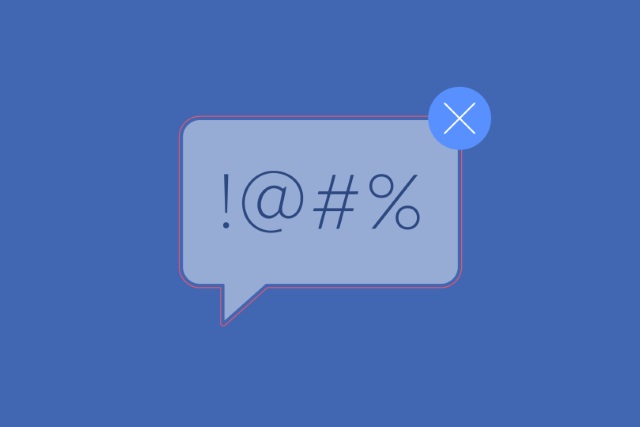
Facebook rolls out new tools to help those suffering bullying and harassment
The problems of bullying, harassment and trolling on social media are getting worse all of the time and the likes of Twitter and Facebook are under pressure to offer tools and protection to their users. Today Facebook unveils new options to help empower those who fall victim to such attacks.
One new feature provides a way to report or delete multiple posts at once, and there is also a way to report bullying on behalf of someone else. Facebook is introducing new protections for public figures -- who frequently find themselves under attack -- and is also pushing education programs.
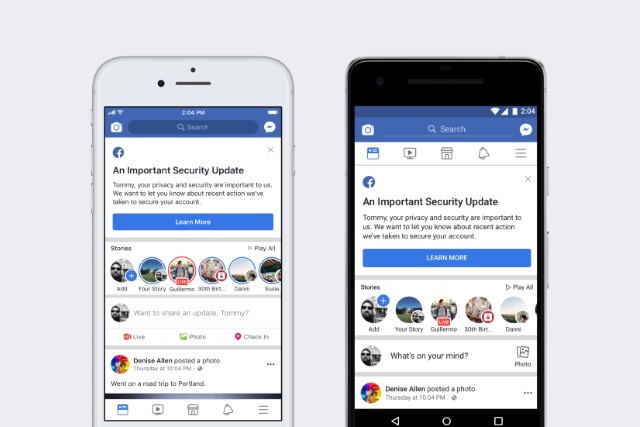
Facebook shares more details about its massive security breach -- after blocking people from sharing news about it
The Guardian was among many outlets to write about the huge Facebook vulnerability and attack reported yesterday, and people were understandably keen to share the story on the social network. However, many people found that they were unable to do.
Large numbers of Facebook users who tried to share the Guardian's story -- as well as one published by the Associated Press -- were greeted by a message informing them that the messages was spam and could not be posted. The matter has been addressed, but it led to complaints that Facebook was trying to hush up the story, and renewed calls to #DeleteFacebook. On its blog, Facebook's security team has also given more details about the "security issue" that happened earlier this week,
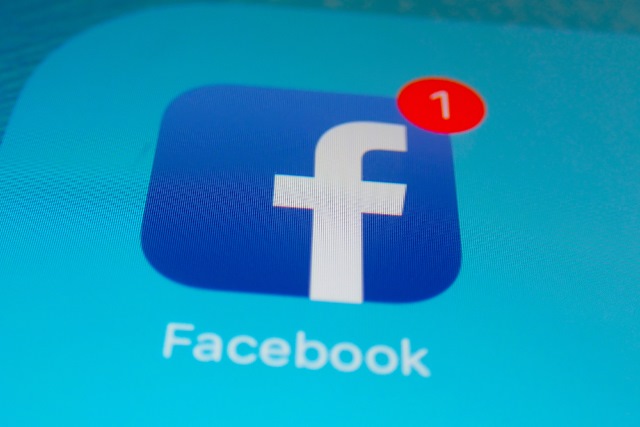
Facebook hack: 50 million users affected by site code flaw
Facebook has revealed that it discovered a security issue which could have exposed the accounts of 50 million people.
A vulnerability was discovered in Facebook's View As feature on Tuesday, September 25, but the company has not given too many details about how the flaw was exploited or by whom, but it has said that attackers were able to steal access tokens and access other people's accounts. Law enforcement agencies have been informed, and an investigation is under way.
Instagram co-founders resign from Facebook-owned company to 'explore curiosity and creativity again'
Six years after their company was bought by Facebook, Instagram co-founders Kevin Systrom and Mike Krieger have resigned. The pair say they are "planning on taking some time off to explore our curiosity and creativity again".
But while the departures have been presented as being amicable, sources suggest that the resignations came about because of Systrom and Krieger's unhappiness at the direction in which Facebook was taking the app.
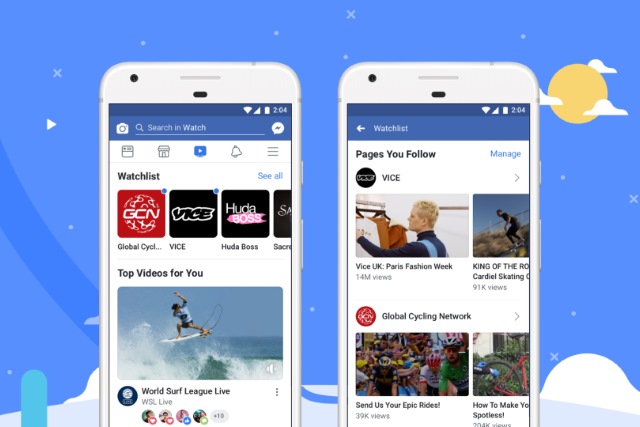
YouTube alternative Facebook Watch rolls out globally
Following a successful launch in the US a year ago, Facebook is launching its Watch service globally. Competing directly with the likes of YouTube, Facebook Watch is the social network's platform for original video content, including Major League Baseball games and entertainment news.
Just 12 months after launching in the US, the service enjoys 50 million monthly viewers and Facebook will be hoping to continue this success in other parts of the world. The company is pushing the social aspect of Facebook Watch as a major draw.
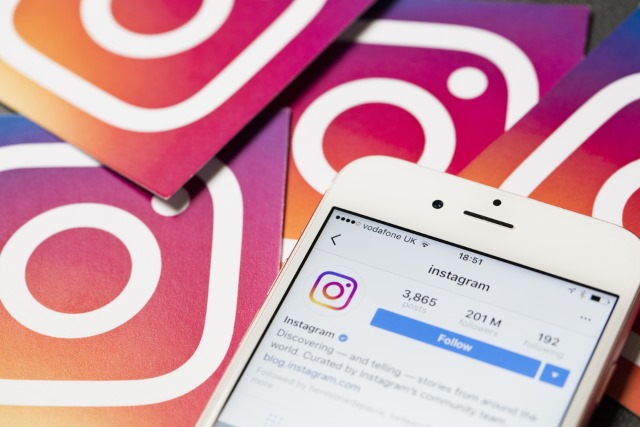
Now you can get verified on Instagram
While getting a verified account is something that's usually associated with Twitter, other social media services have similar schemes -- Facebook, for instance. The latest to join the verification party is Instagram which is now giving users the option of applying for a verified badge.
It is possible for anyone to request to have their account verified, but only a handful of applicants are likely to be accepted. Instagram has outlined details of how to apply, and the criteria that need to be met.

Facebook VPN Onavo Protect disappears from App Store for violating Apple's data collection and privacy rules
Facebook bought Onavo and its VPN tool back in 2013, and ever since there have been concerns about how the social network uses the tool to gather data -- even when it is disabled.
Now Apple -- itself not a stranger to allegations of privacy violations -- has taken objections to the way Facebook sucks up data from its users through the Ovano Protect VPN app. The iPhone-maker warned Facebook that it was violating its rules on data collection and suggested that the company might want to voluntarily pull the app before it was forcibly removed from the App Store.
WhatsApp now lets you backup to Google Drive without using any of your cloud storage quota
Facebook and Google have struck a deal that benefits WhatsApp users. Starting later in the year, users will be able to store WhatsApp backups on Google Drive without using up any of their storage space.
The new arrangement means that WhatsApp users now essential have unlimited storage space available to them free of charge. But the company has also issued a warning that people need to take action if they want to avoid backups being deleted.

Facebook denies asking banks for your financial details
Facebook has rushed to deny allegations that it is in talks with banks with a view to gathering information about users' card transitions and other financial information.
The allegations came in a story in the Wall Street Journal which claimed the social networking giant had asked US banks to share information about their customers. Facebook is said to have told banks that information about customers could be used to offer further services to users, but at least one bank had been scared off by the privacy implications.
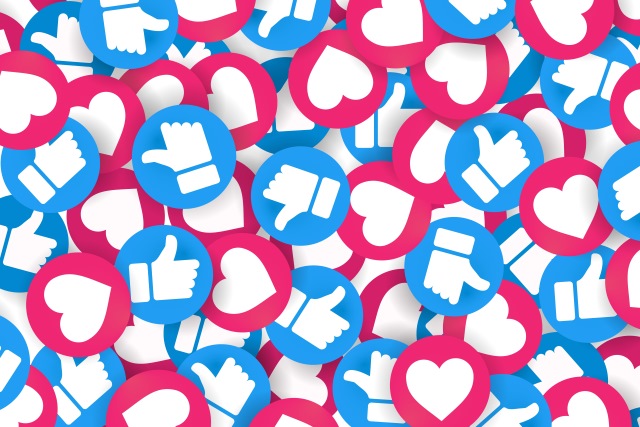
If you're looking for love, Facebook Dating is on the way
Think of dating apps, and the likes of Tinder, Grindr and Match.com spring to mind, and now Facebook is looking to take itself a slice of the action. We first heard about Facebook Dating at the social network's F8 conference back in May, and now more details are coming out.
Currently undergoing internal testing with employees, Facebook Dating is looking to be a feature of Facebook rather than a standalone app. Leaked images now give us an idea of what to expect from it -- but there'll be no swiping right.
Facebook API changes mean you can no longer cross-post from Twitter
Twitter users can no longer automatically cross-post to Facebook. The restriction has come about after Facebook made changes to the way third parties are able to make use of its APIs.
It means that Twitter users who have connected their Facebook account to make it easier to post the same content on both services via Facebook Login can't have their tweets automatically posted to Facebook. The -- rather unsatisfactory -- solution from Twitter is simply copy the URL of a tweet, and this can then be manually posted to Facebook.
